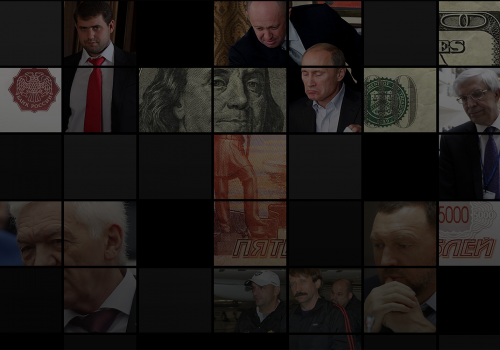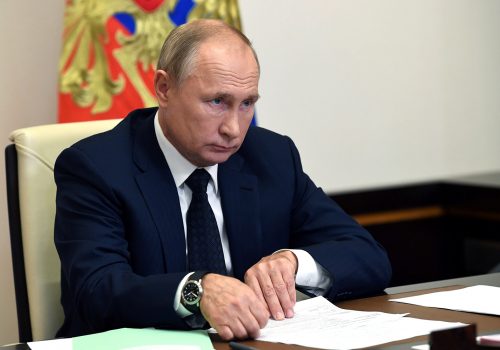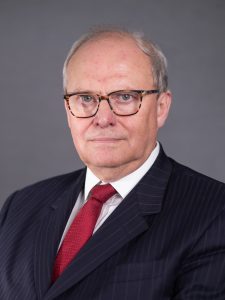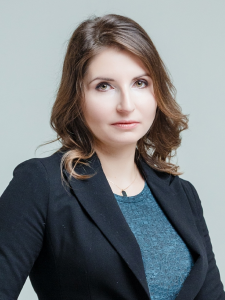As the global community continues to grapple with the coronavirus (COVID-19), the Atlantic Council is open for business. Our business, meetings, and events, however, are occurring virtually. For more information, please read an update from our President and CEO.
Russia’s stagnating economy has faced some of its greatest challenges in decades this year. The coronavirus pandemic has hit Russian businesses hard, while low oil prices have cut into export revenues. Looking ahead, the incoming Biden administration may seek to increase economic sanctions on the Kremlin, further turning up the pressure on bad actors who store their assets abroad. Will the Russian government implement reforms to revitalize the country’s economy? Can technocrats make any meaningful improvements to an economic system dominated by elite kleptocracy?
Dr. Sergey Aleksashenko, former deputy chairman of the Central Bank of Russia; Dr. Sergei Guriev, professor of economics at Sciences Po’s Department of Economics; Vladimir Milov, Russian opposition politician and an economic adviser to the Russian opposition leader Alexei Navalny; and Elina Ribakova, deputy chief economist at the Institute of International Finance, discuss the current state and future prospects of the Russian economy. Dr. Anders Åslund, senior fellow at the Atlantic Council’s Eurasia Center, moderates.
This event will not feature an in-person audience. You will be able to join via desktop or mobile app, through your web browser, or by phone. To join the question and answer period, you must join by app or web.
Register below for details on joining the virtual audience.




